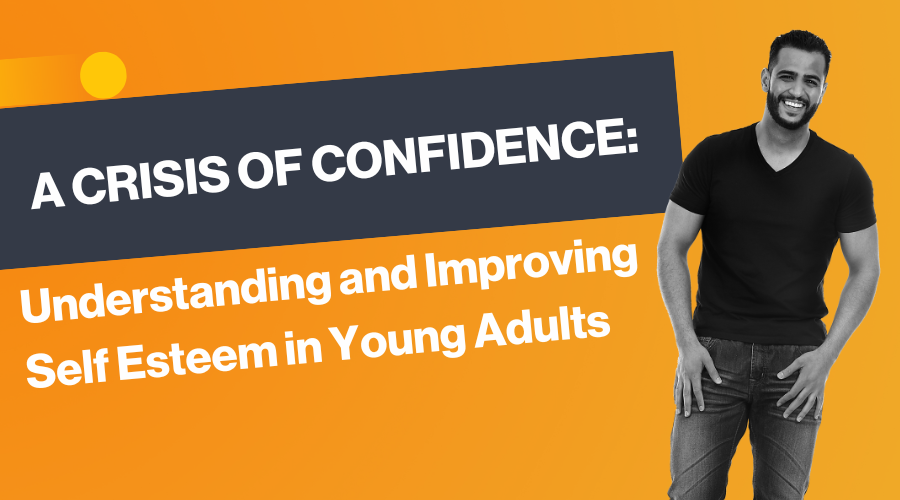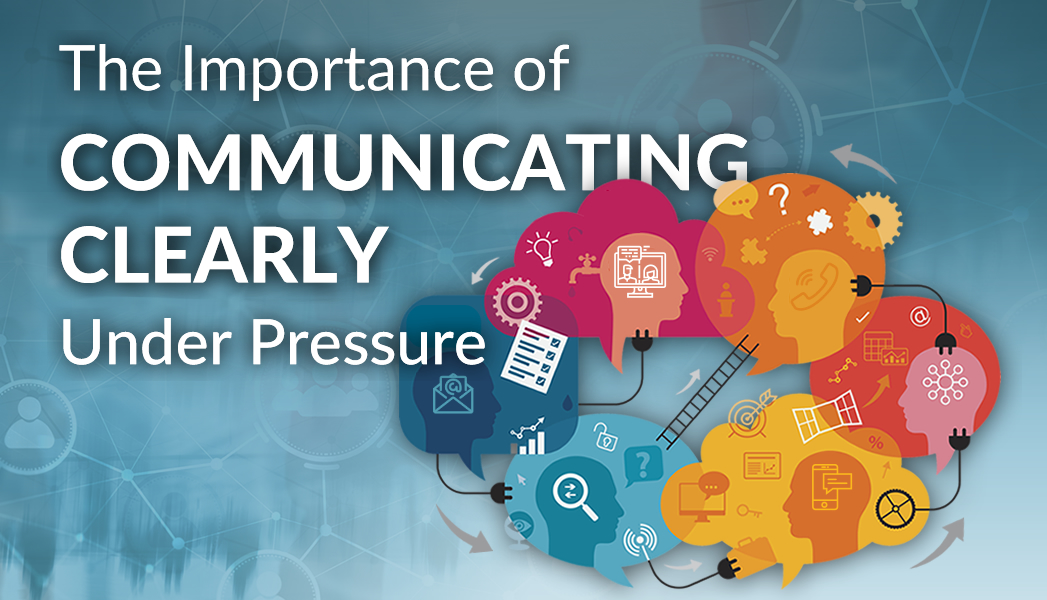
In the wake of the COVID-19 pandemic, a harrowing crisis silently emerged – a crisis of confidence. Employers are increasingly reporting a steep decline in self-confidence among individuals, especially young adults who are just entering the workforce. This crisis can be attributed to the circumstances surrounding the pandemic, where individuals were isolated in their rooms, missing out on crucial life skills and experiences. As a result, even though highly skilled, many lack the confidence to navigate social situations and effectively interact with others. In this blog, we will explore the impact of the confidence crisis, the importance of confidence in work and life, and why employers should invest in confidence training to address this issue.
The origins of the crisis:
Many young adults who recently graduated from university found themselves locked away in their rooms during the pandemic, being told it was unsafe to step out and explore the world. While they gained academic knowledge, they missed out on developing essential life skills that leaving home often fosters. Building confidence is a gradual process that involves experiencing different social situations, learning to initiate conversations, handling criticism, and developing important people skills. Without these experiences, many individuals struggle to assert themselves comfortably in professional settings, hindering their growth and potential.

The importance of confidence:
Confidence is a fundamental trait that plays a crucial role in both personal and professional success. It serves as a catalyst for self-belief, assertiveness, and resilience, empowering individuals to take on challenges, explore new opportunities, and build meaningful relationships. Confidence is not only vital for career advancement but also for overall well-being and personal fulfillment.
 The impact on young professionals:
The impact on young professionals:
The lack of confidence among young professionals entering the workforce affects their ability to effectively communicate, collaborate, and forge connections with colleagues and clients. Feeling uncertain and insecure can hinder their performance and hinder their career growth. Additionally, the fear of speaking up or sharing ideas can lead to missed opportunities for innovation and creativity within organisations.
The rise of hybrid work:
The rise of hybrid work has further exacerbated the confidence crisis. Remote work has become the norm for many individuals, cutting them off from public situations and reducing face-to-face interactions. As a result, the social skills necessary for building confidence and thriving in professional and personal environments have been neglected. The heightened reliance on virtual communication may prevent individuals from developing essential social cues and adaptability, impacting their overall confidence levels.

The need for confidence training:
The current confidence crisis, fueled by the effects of the pandemic, poses significant challenges for individuals entering the workforce. It is imperative for employers to address the confidence crisis within their workforce. Investing in confidence training can help individuals develop the necessary skills and mindset to navigate professional and social situations with ease. These programmes may include communication workshops, leadership training, public speaking courses, or mentorship programs. By prioritising the cultivation of confidence, employers can empower their employees to maximise their potential, enhance job satisfaction, and contribute to a positive work culture.
Whilst organisations regularly invest in technical and practical skill development for younger people, equally important people-skills can be left unaddressed, leaving young adults feeling self-doubt in their ability to connect and communicate with colleagues and clients, and oblivious to the behaviours and standards expected of them.
Meeting the crisis of confidence head-on and providing the skills that young adults need to set and achieve goals, perform to potential, interact with elegance, and feel truly confident, is core to our DNA, emphasising the development of fundamental skills such as effective communication, building rapport, active listening, and assertiveness.
Throughout our website you will find a wealth of learning guides, training programmes and solutions to help you empower, develop and retain current and future generations.










